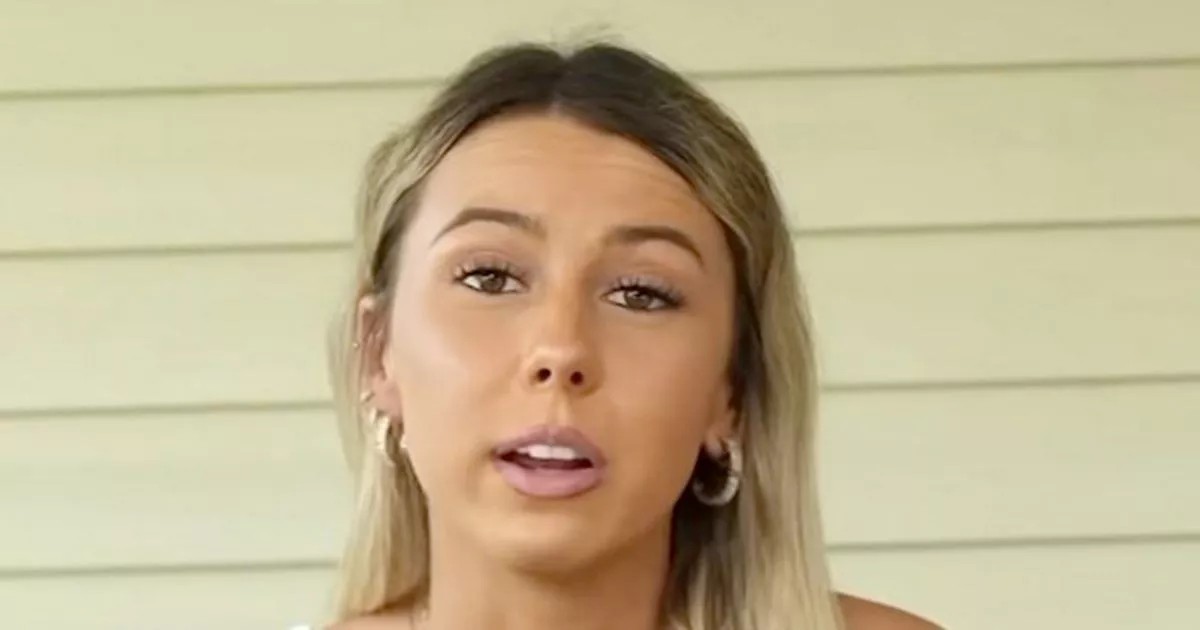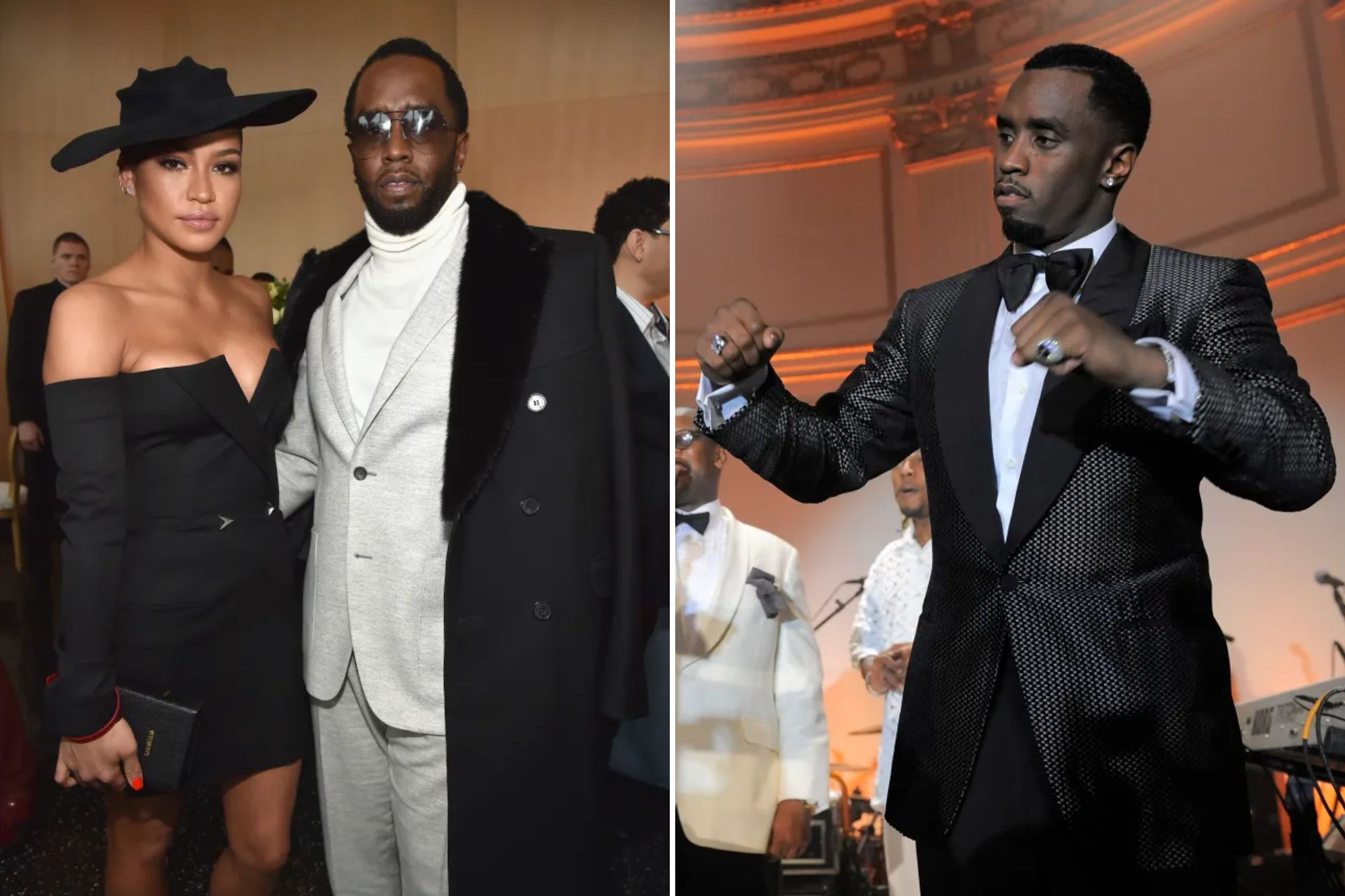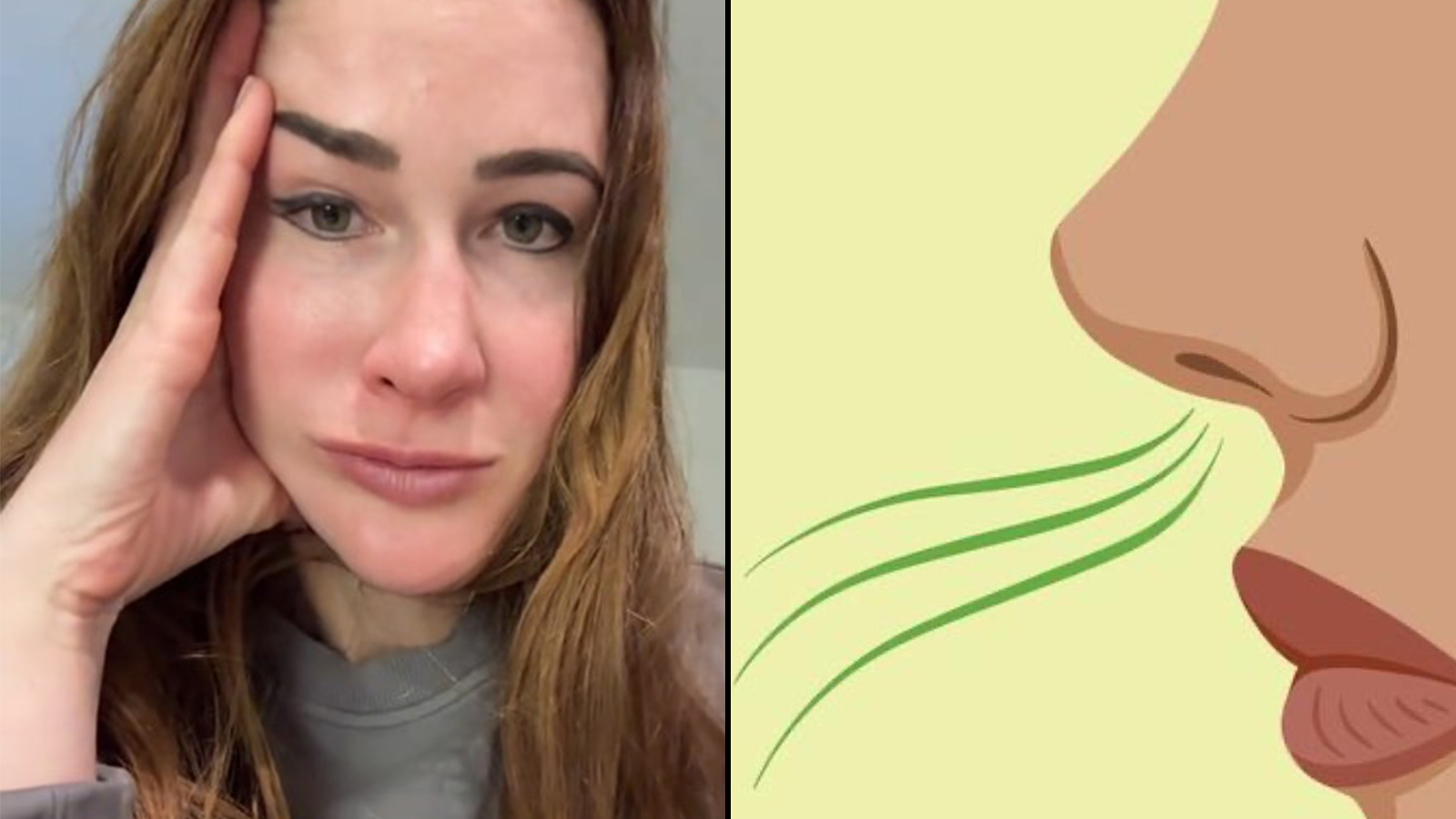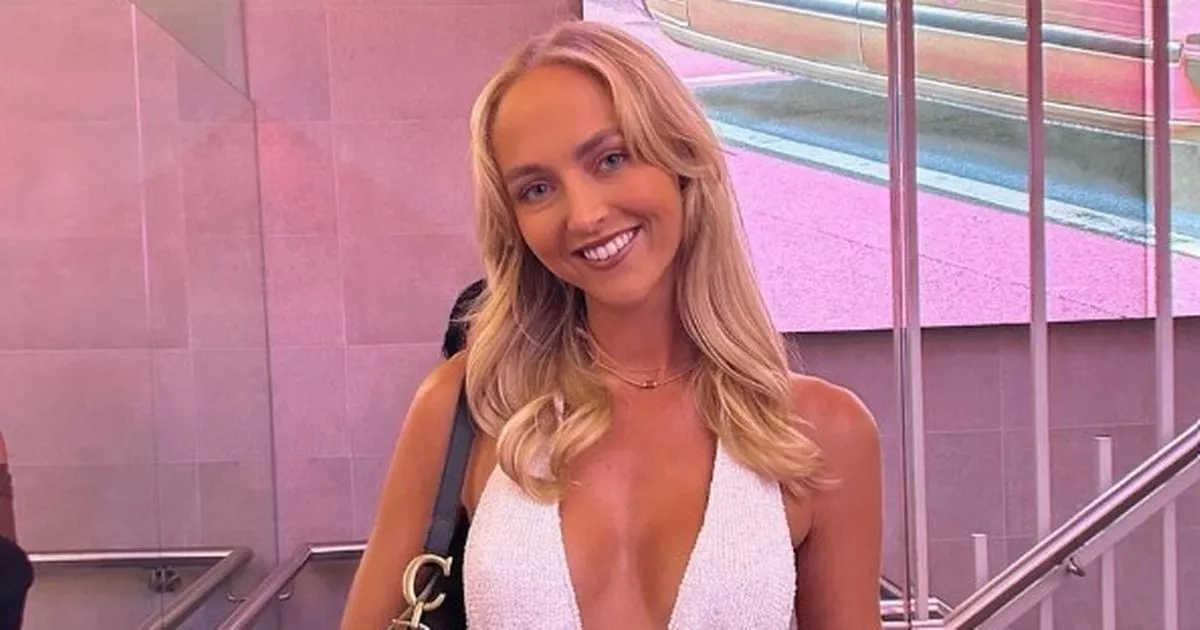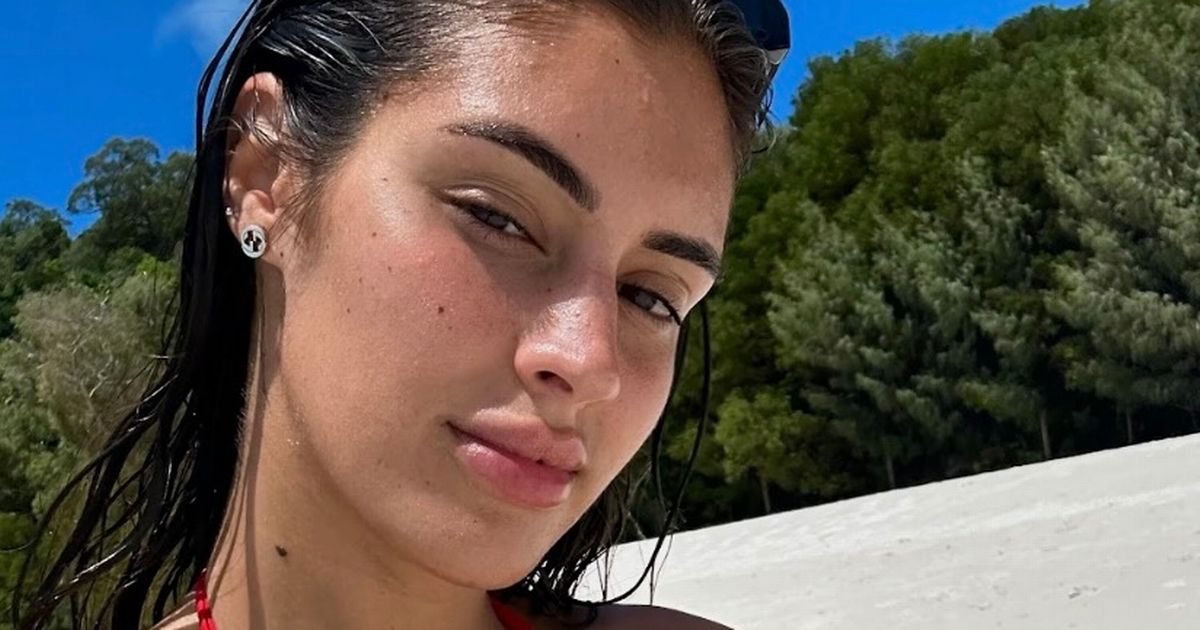The Incredible True Story Behind Dying for Sex: How Molly Kochan, Diagnosed with Terminal Cancer at 42, Left Her Marriage and Embraced Life - Sleeping with 200 Men in Her Final Years
Just launched on streaming platforms, FX's Dying for Sex is already making waves, captivating audiences with the incredible true story of Molly Kochan. This series, available on Disney+ in the UK, features the talented Michelle Williams portraying Molly, who embarked on a remarkable journey of sexual exploration following her terminal cancer diagnosis.
The comedy-drama is rooted in the life of Molly, a New Yorker who, after receiving her diagnosis, made the bold decision to leave her husband of 15 years. At just 42 years old, Molly was diagnosed with breast cancer, and she passed away in 2019 at the age of 45. However, she made sure her final years were filled with joy and adventure, exploring her sexuality, engaging with numerous partners, and sharing sultry lingerie photos online. Molly was determined not to let her diagnosis diminish her sense of allure.

In the series, viewers witness Molly's journey as she navigates dating and sexual exploration post-diagnosis, all while being supported by her best friend, Nikki Boyer, played by Jenny Slate. The show highlights Nikki's role as Molly's primary support system, accompanying her to medical appointments and providing a steady hand through the tumultuous physical challenges that accompany cancer treatment.

The narrative of self-discovery is largely inspired by the stories Molly shared posthumously in the award-winning Wondery podcast, Dying for Sex. This podcast was recognized as one of Apple's favorite podcasts in 2020 and won Podcast of the Year at the Amie Awards in 2021. The FX series closely follows the true story of Molly, who was first diagnosed with cancer in 2011 and received the terminal diagnosis in 2015.
Despite the shock of her diagnosis, Molly was resolute about two things: she did not want to be seen as a 'victim,' and she refused to let cancer take away her sex life. She began documenting her journey on her blog, Everything Leads to This, where she explained her initial diagnosis and the treatments she underwent. Molly chose to keep her diagnosis largely private at first, expressing that she preferred not to identify with the disease.

In her blog, she wrote, "I liked going through treatment and not having people ever ask me how I was feeling as though I were more fragile than they are." However, in 2015, after being re-diagnosed with Stage IV breast cancer, she decided to go public with her story, finding it increasingly difficult to keep her struggles a secret.
Molly shared the details of her diagnosis in a heartfelt Facebook post, explaining her desire not to be viewed solely as a 'patient' or 'cancer.' She stated, "Because I have navigated this for some time, I know what is helpful to me and what isn't." After receiving her terminal diagnosis, Molly was adamant about not giving up on her sexual life and was determined to explore that aspect of herself during her remaining days.

Her journey led her to a dating spree, where she ended up sleeping with 200 men. Molly continued to share her experiences on her blog until her passing, documenting the intertwined journeys of stage IV cancer and sexuality. She noted that this exploration not only kept her engaged with life but also served as a means of integrating and embracing her new body.
Molly described how her sexual experiences connected her to her body and to life itself. Part of this exploration included sharing provocative photos on her Instagram account, aptly named 'dying for sex.' In her podcast, released posthumously, Molly discussed the unexpected effects of hormone therapy on her libido, which, contrary to the norm, heightened her desire. She humorously remarked that it left her wanting to "hump everything and everyone that I saw."

Throughout her podcast, Molly elaborated on how her relationship with her ex-husband had become strained during her treatment, and they struggled to reconnect sexually even after her libido returned. She candidly shared, "For a long time with sex—and this is why I had a problem in my—I was really, really, really good at figuring out what other people liked and then I could simulate that like an actor for them. But I never really knew what I liked."

In an interview with Time Magazine, Nikki, Molly's best friend, revealed the details of Molly's sexual escapades after her divorce. She explained that Molly began connecting with men online and met several of them in person. The series features a mix of the real men Molly encountered, some of whom had unique fetishes, including one who enjoyed being kicked in the groin. Nikki confirmed that some scenes in the show reflect real-life moments from Molly's sexual exploration, including a humorous encounter where Molly barked orders to a man who liked to role-play as a dog.

Molly expressed that going on dates made her feel "alive and creative." In fact, she even had some intimate encounters while in her hospital bed, as she sought to maintain a sense of normalcy amidst her health struggles. Nikki recounted that the idea to document Molly's sexual adventures during her cancer journey came to her while picking up Molly from a breakfast date.
Molly maintained her sense of humor throughout her treatment, and one memorable scene in the show—where she asks a young doctor if he had a permission slip from his parents to be there—actually happened in real life. In her podcast, she joked about being the ideal date for "commitment phobes," quipping, "What are you going to do? Kill me? I’m dying!"
Nikki explained that Molly's desire to control her encounters was a way for her to reclaim her body and assert her autonomy. She noted, "[Molly] wanted to fall in love, and she did; she fell in love with herself." Molly passed away in 2019 at the age of 45, leaving behind a legacy of empowerment and self-discovery.
After her death, Nikki released six episodes of the podcast Dying for Sex, which has been streamed over five million times. The podcast synopsis reveals that as they peel back the layers, listeners learn that Molly was not only grappling with breast cancer but also dealing with past traumas. The journey explores broader themes of healing, forgiveness, and how to make the most of the time we have left.

Molly also authored a memoir titled Screw Cancer: Becoming Whole, published posthumously in 2020. She wrote the book from her hospital bed, making Nikki promise to publish it. In her blog, Molly described the memoir as discussing sex as a healing force in her life while tracking her transformation from an emotionally burdened person to a lighter one.
It was after the book's publication that Elizabeth Meriwether, the creator of New Girl, reached out to Nikki to propose a TV adaptation. Michelle Williams, who stars as Molly in the series, had not heard of the podcast before taking on the role but experienced a strong emotional reaction to the book. She shared, "I had a really strong emotional reaction. When I finished reading it, I had to read it again. I immediately wanted to start acting out these scenes and trying my hand at these jokes. I was smitten."
Michelle elaborated on the intention behind Molly's sexual journey, stating, "She’s saying, ‘I’m committing to this journey, and the only thing I’m taking with me is you, my best friend. I’m going to pursue my own pleasure in the midst of this illness, which is going to ultimately take my life and cause me a lot of pain. I’m going to continue to seek pleasure in this body, which is capable of both those things.'”

Nikki continues to honor her friend’s memory on social media and even took on a role in the FX series, portraying Molly's cousin Shelia. She also served as an executive producer for the show and expressed her gratitude and love following its release, stating, "So proud of the show we made. So proud of Molly!"
The new series, available on Hulu in the US and Disney+ internationally, has already garnered rave reviews. Time magazine described it as an "audacious, raunchy celebration of life in the face of certain death," while a five-star review in The Guardian praised it for "upending every expectation you have for on-screen sex."


